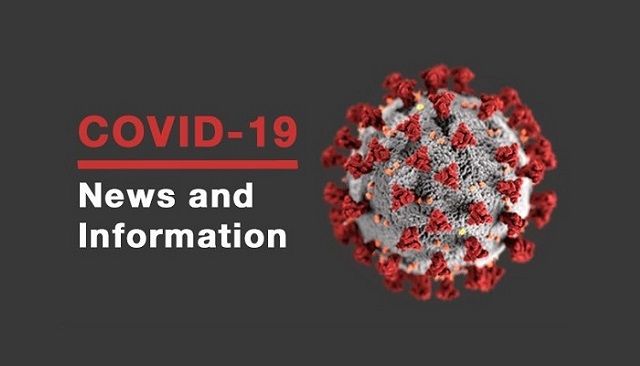S’inscrire pour être évaluateur
Le journal Etude de la Population Africaine encourage les lecteurs activement engagés dans la recherche sur les interrelations entre population et développement et ayant l’expertise requise à s’inscrire pour servir comme évaluateur par les pairs :
- Utilisateur déjà enregistré? Se Connecter sur le site du journal et modifier son profil pour inclure ‘Evaluateur’ comme rôle. Veillez exprimer votre intérêt à servir comme Evaluateur dans un email au Rédacteur en Chef en indiquant votre identifiant.
- Utilisateur non enregistré? Il est demandé aux Evaluateurs de s’inscrire sur le site du journal. Veillez exprimer votre intérêt à server comme Evaluateur dans un email au Rédacteur en Chef.
Accepter une invitation pour évaluer.
Se connecter sur le site du journal, (insert new journal website link), cliquer sur Reviewer et sur le titre de l’article dans Active Submissions. Dans Review Step 1 choisissez l’icône de l’email à côté de la réponse appropriée (Will do the review/unable to do the review) pour notifier le Rédacteur.
Entreprendre/Soumettre une évaluation.
Rassurez-vous que vous ayez accepté d’évaluer (expliqué plus haut) et consulté les Directives d’Evaluation fournies. Connectez-vous sur le site du journal, cliquez sur Reviewer et le titre de l’article dans Active Submissions. Complétez les étapes 2 – 7 et cliquez sur ‘Submit Review to Editor’. Si vous avez besoin d’aide, contacter le Rédacteur en Chef à travers [email protected].
Les lecteurs du Journal EPA sont encouragés à s’inscrire sur le site du journal pour recevoir les notifications sur les nouveaux numéros en ligne (accès ouvert).
- Utilisateur déjà enregistré? Connectez-vous sur le site du journal et modifier votre profil pour inclure ‘Reader’ comme rôle.
- Utilisateur non enregistré? Inscrivez-vous sur le site du journal et indiquer ‘Reader’ comme rôle dans votre profil utilisateur. En cas de besoin d’aide, contacter le Rédacteur en Chef. Bien vouloir lire notre politique sur la vie privée concernant l’enregistrement.
Le plagiat est défini comme l’utilisation du travail, des mots ou idées d’autrui sans attribution ou permission et leur représentation comme travail original de soi. Le plagiat peut revêtir plusieurs formes, allant du plagiat majeur (les copier-coller de grands passages de textes) au plagiat mineur sans intention malhonnête (par exemple quand un auteur utilise une introduction d’un article précédent) et même le plagiat de soi-même (la réutilisation d’importantes portions identiques ou quasi-identiques du travail de soi sans citer la version originale).
Le journal souscrit à CrossCheck, une initiative pour prévenir le plagiat académique et professionnel. Tous les manuscrits soumis sont automatiquement scannés via la base de données CrossCheck pour vérifier l’originalité.
Les manuscrits contenant des plagiats ne seront pas acceptés pour la publication dans le journal. Si le plagiat est exposé après publication de l’article, le journal entreprendra une enquête préliminaire. Des soupçons de faute professionnelle seront signalés aux instituts et agences de financement des auteurs concernés. Le journal se réserve le droit de retirer officiellement de tels manuscrits et publier des déclarations pour indiquer que le matériel est du plagiat.
Le journal s’abonne à Committee on Publication Ethics [COPE].




